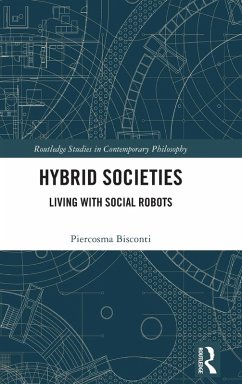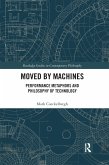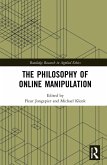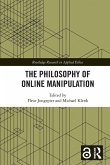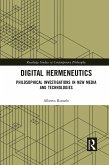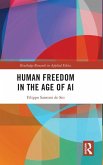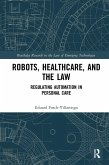This book explores how social robots and synthetic social agents will change our social systems and intersubjective relationships.
It is obvious that technology influences societies. But how, and under what conditions do these changes occur? This book provides a theoretical foundation for the social implications of artificial intelligence (AI) and robotics. It starts from philosophy of technology, with a focus on social robotics, to systematically explore the concept of socio- technical change. It addresses two main questions: To what extent will social robots modify our social systems? And how will human relationality be affected by human-robot interactions? The book employs resources from continental philosophy, actor-network theory, psychoanalysis, systemic theory, and constructivist cognitive theory to develop a theory of socio-technical change. It also offers a novel perspective on how we should evaluate the effectiveness of social robots, which has significant implications for how social robotics should be researched and designed.
Hybrid Societies will appeal to scholars and advanced students working in philosophy of technology, AI ethics, robot ethics, and continental philosophy.
It is obvious that technology influences societies. But how, and under what conditions do these changes occur? This book provides a theoretical foundation for the social implications of artificial intelligence (AI) and robotics. It starts from philosophy of technology, with a focus on social robotics, to systematically explore the concept of socio- technical change. It addresses two main questions: To what extent will social robots modify our social systems? And how will human relationality be affected by human-robot interactions? The book employs resources from continental philosophy, actor-network theory, psychoanalysis, systemic theory, and constructivist cognitive theory to develop a theory of socio-technical change. It also offers a novel perspective on how we should evaluate the effectiveness of social robots, which has significant implications for how social robotics should be researched and designed.
Hybrid Societies will appeal to scholars and advanced students working in philosophy of technology, AI ethics, robot ethics, and continental philosophy.

